WHAT WILL IT TAKE? - The Final Nine Meters, Vol. 1
WHAT WILL IT TAKE? - The Final Nine Meters, Vol. 1

What makes the mile special? It's gotta be something about the symmetry of four circuits around the track (at least outdoors), giving a runner just under a minute per lap break the mythical four minute mile. Because of the event's mystique, we'll be featuring the mile every week throughout the indoor season, bringing you the latest in news, speculation and somewhat educated predictions as things all culminate at the NCAA Indoor Championships in Fayetteville, Arkansas.
It's no secret that the qualifying time to make nationals has gotten faster and faster in recent years. In 2012, Matt Maldonado (Long Beach State) was the last man in with 3:59.08 but that was under the old qualifying procedure that included auto standards.
This season, if you want to be in Fayetteville, you've got to be in the top 16, straight up. No auto or provisional standards.
Will this change the manner in which people approach racing? As Sarah Palin would say, you betcha.
Expect athletes to race much more aggressively. Instead of letting the pace lag in strong races, look for people to be right with the rabbit. At last year's Meyo Mile, for instance, a top guy like Jeremy Rae (Notre Dame) decided to sit well off the pace but managed to reel in his competitors over the last quarter-mile to win in 3:59.31, a time that did not qualify him to NCAA's as an individual. Someone of Rae's ability won't be able to get away with a tactic like that in 2013.
We might also see more time trials set up. The Camel City Indoor Mile in Winston-Salem, N.C. will be run for the first time on February 2. It'll will feature pros like Peter van der Westhuizen and Cory Leslie but will also provide collegiates Ryan Hill (NC State), Paul Chelimo (UNC Greensboro) and Isaac Presson (UNC) an opportunity to run fast. We could even see conference meets turn into time trials if coaches are willing to sacrifice the performance of one athlete for the benefit of a star runner.
Ultimately, the only question that matters is what time it'll take to make nationals. Some think the magic number will be around last year's auto qualifier of 3:57.90. I suspect it'll be a bit slower. Batty, McCarthy and van Ingen were heavily hitters in 2012 that others took aim at. Outside of guys like O'Hare and Bayer, there is much more parity in this year's field with fewer men who've consistently proven the ability to run 3:58 or faster. If I had to say now, I predict 3:58.75 gets you to Fayetteville.
Disagree? Leave a comment below and give your time prediction for the last man to make nationals.
Related Content
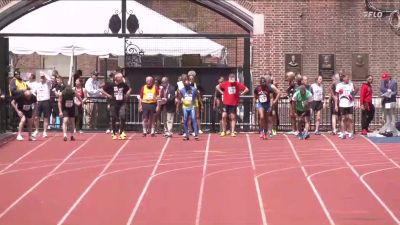 Masters Men's 100m Age 65+, Event 122, Finals 1
Masters Men's 100m Age 65+, Event 122, Finals 1Apr 25, 2024
 Niwot Sophomore Addy Ritzenhein Signs NIL Partnership With On
Niwot Sophomore Addy Ritzenhein Signs NIL Partnership With OnApr 25, 2024
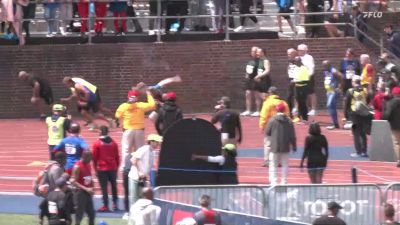 Masters Men's 100m Age 60+, Event 121, Finals 1
Masters Men's 100m Age 60+, Event 121, Finals 1Apr 25, 2024
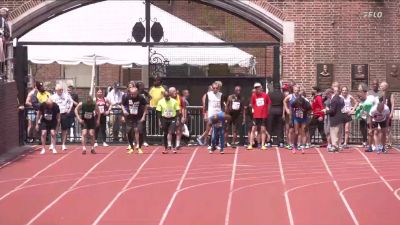 Masters Men's 100m Age 65+, Event 122, Finals 1
Masters Men's 100m Age 65+, Event 122, Finals 1Apr 25, 2024
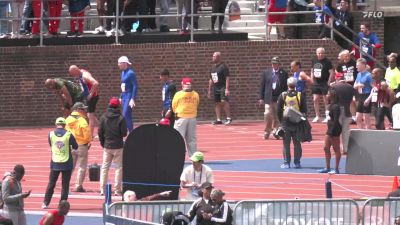 Masters Men's 100m Age 55+, Event 120, Finals 1
Masters Men's 100m Age 55+, Event 120, Finals 1Apr 25, 2024
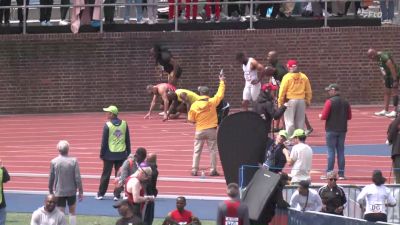 Masters Men's 100m Age 50+, Event 119, Finals 1
Masters Men's 100m Age 50+, Event 119, Finals 1Apr 25, 2024
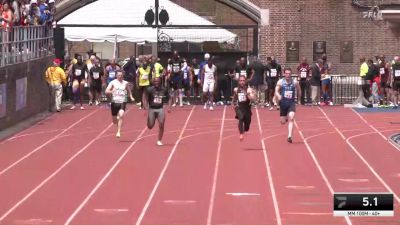 Masters Men's 100m Age 40+, Event 117, Finals 1
Masters Men's 100m Age 40+, Event 117, Finals 1Apr 25, 2024
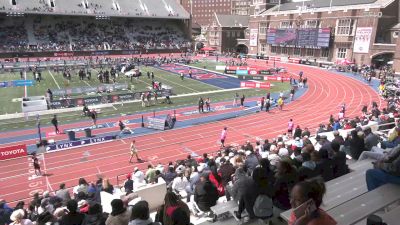 Pro Men's 4x100m Relay Special Olympics, Event 116, Finals 1
Pro Men's 4x100m Relay Special Olympics, Event 116, Finals 1Apr 25, 2024
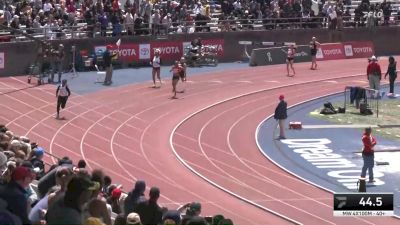 Masters Women's 4x100m Relay Age 40+, Event 115, Finals 1
Masters Women's 4x100m Relay Age 40+, Event 115, Finals 1Apr 25, 2024